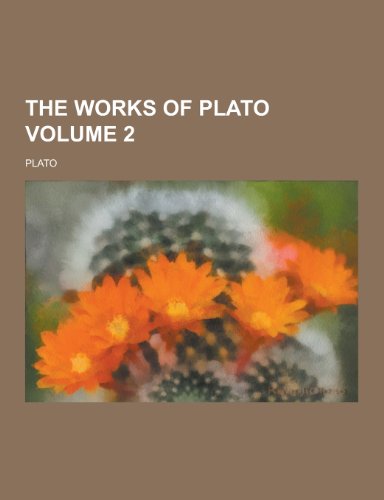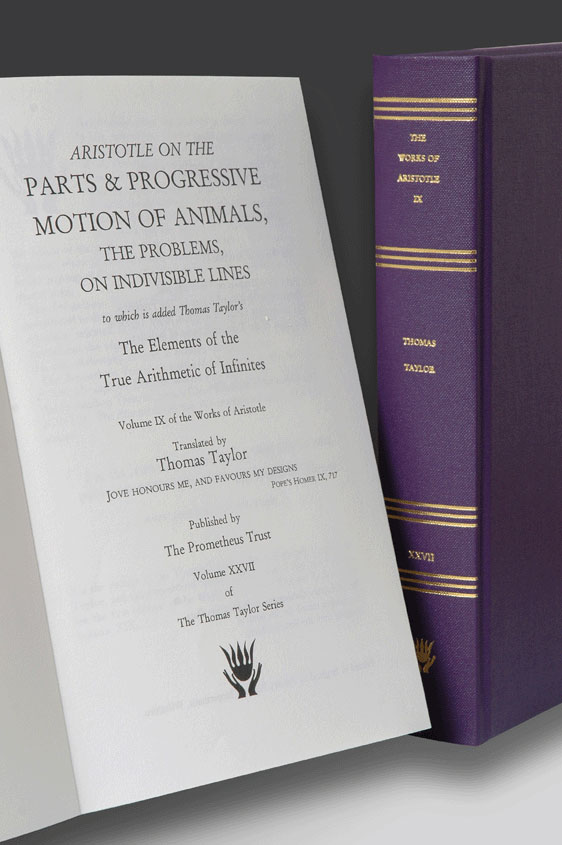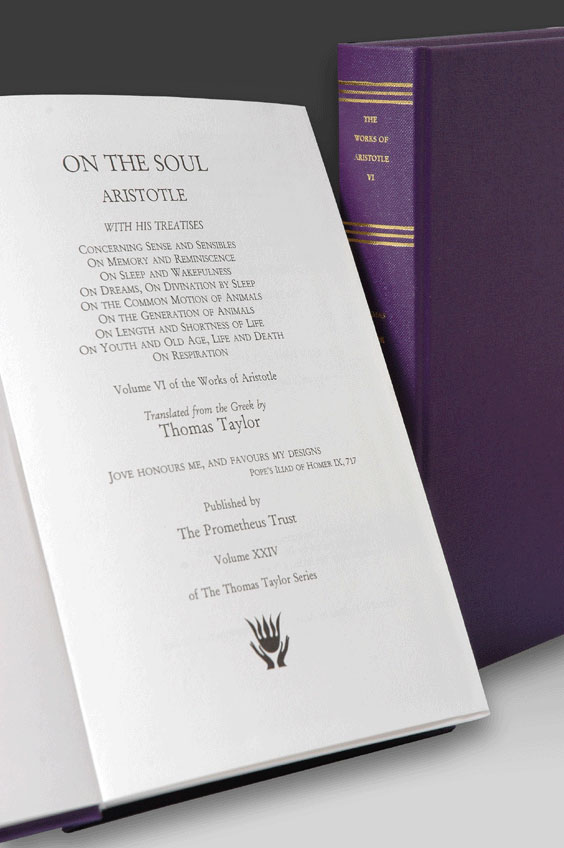
The Works of Plato, Vol. 2
By Plato
2007
First Published
486
Number of Pages
Part of Series
This historic book may have numerous typos and missing text. Purchasers can usually download a free scanned copy of the original book (without typos) from the publisher. Not indexed. Not illustrated. 1854 edition. Excerpt: ... PREFACE pher has till now appeared. Abundant use has been made of the Latin interpretations dispersed through Stallbaum'a notes;—and the translator has not scrupled to avail himself of the valua-ble aid derivable from the French versions of Leroy, Cousin, and Martin, and the German versions of Schleiermacher and Schneider, the latter of which, only recently published, deserves the highest praise for its extreme correctness and perspicuity. Notes have been added, where the meaning seemed to require explanation or illustration, as well as to indicate any variation in the text;—and when any of the other dialogues have been referred to, the quotation is given from Serranus' edition, printed by Henry Stephens, 1578, in three volumes folio, — the last of which comprises the dialogues here translated. Separate introductions preface each dialogue; — and the volume opens with a brief account of the Platonic philosophy generally, —carefully compiled from the writings of Ritter, Van Heusde, Trendelenburg, and Bishop Hampden. On the whole, therefore, it is hoped that this volume will be found acceptable, not only to the classical student, but also to the general reader, as a correct and pleasing exposition of pure Platonism. GENERAL INTRODUCTION. PART I. ON THE PLATONIC PHILOSOPHY GENERALLY. Almost contemporaneously among the learned of Europe, there has arisen a tendency to study the sublime, spiritual philosophy of Plato, in preference to the cold materialism of Aristotle, on which have been erected so many of the systems that have risen and had their day in our literary world. That this has not hitherto been the case, and that Platonism (which, in its spiritualising and purifying tendency, may be deemed to approach Christianity, ) has not.


